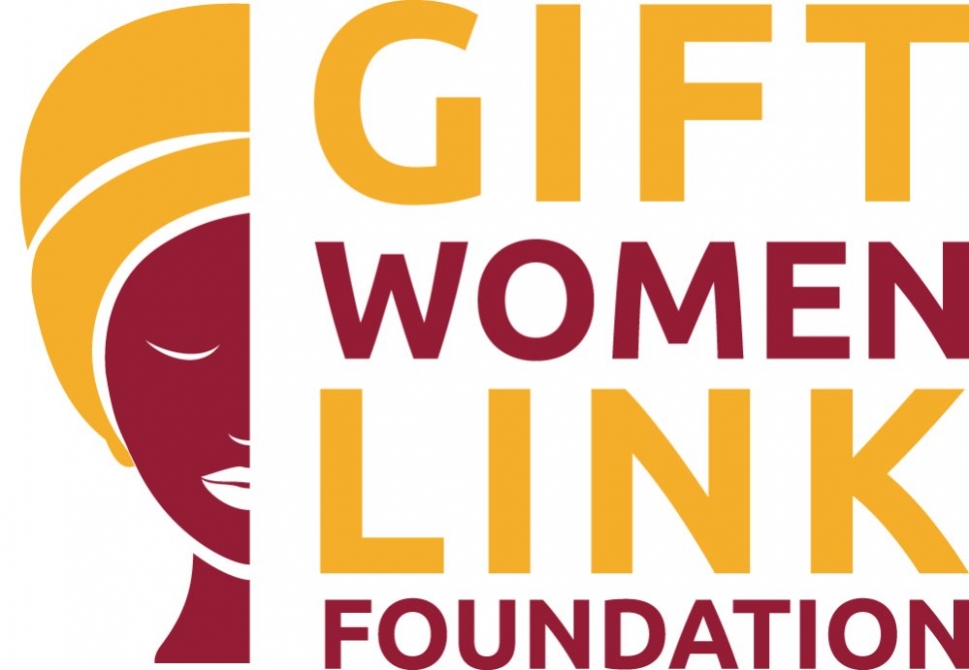Best practises for women and girls in sustainable development"
il y a 6 ans
Non lucratif
Recherche partenariat
Recherche partenaire principal
En recherche d'un consultant
The future for the rural women and girls of Uganda is far from bright and promising. Women are responsible for wellbeing of their families and spend more time than men on unpaid reproductive work at home. The majority of these overworked women are uneducated and under privileged. They sorely lack self-confidence and due to the attitude of the prevailing cultural society do not consider themselves on par with men. They carry the weight of the caste system, the pressure of the dowry and chhopadi system (system of putting girls in dark room in isolation during menarche), and the guilt of being a burden to their family. The typically unequal bargaining power of women is associated with their lower access to household resources which limits the ability to advocate their rights and protection. On the top there is restriction on mobility of women due to socio-cultural factors which limit their exposure to outer world, ideas and information.
Although Uganda's literacy rate has increased in recent years, the percentage of literate women and girls lags far behind the percentage of literate men. The overall literacy rate of Uganda is percent but the female literacy rate is only percent (MOES, 2012) social prejudices against female education, restriction on mobility the low social status of women, the system of early marriage and low participation of female in the formal employment sector too results in lower literacy for females. Although there have been some quantitative improvements in terms of the number of girls enrolled in school and number of women receiving training, these efforts have not delivered any significant progress in terms if uplifting the overall status of women. The lack of qualified and trained female professionals at various levels in various sectors is the significant problem in Uganda. Women's literacy Programmes have been widely implemented. However, the relationship between literacy Programmes and the realistic conditions of women in Uganda has not been carefully analyzed or addressed.
we are therefore looking for partners to cooperate with in addressing women and girls constraints.





S'il vous plaît Se connecter pour voir cette section